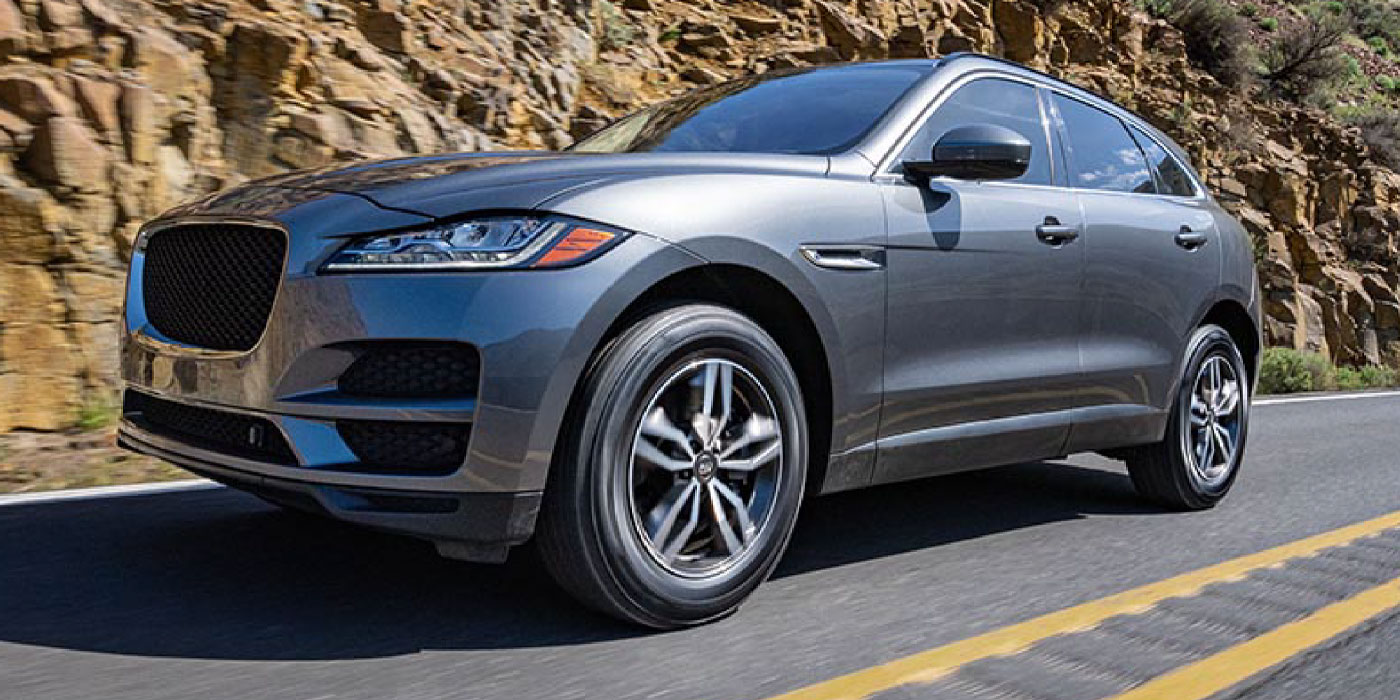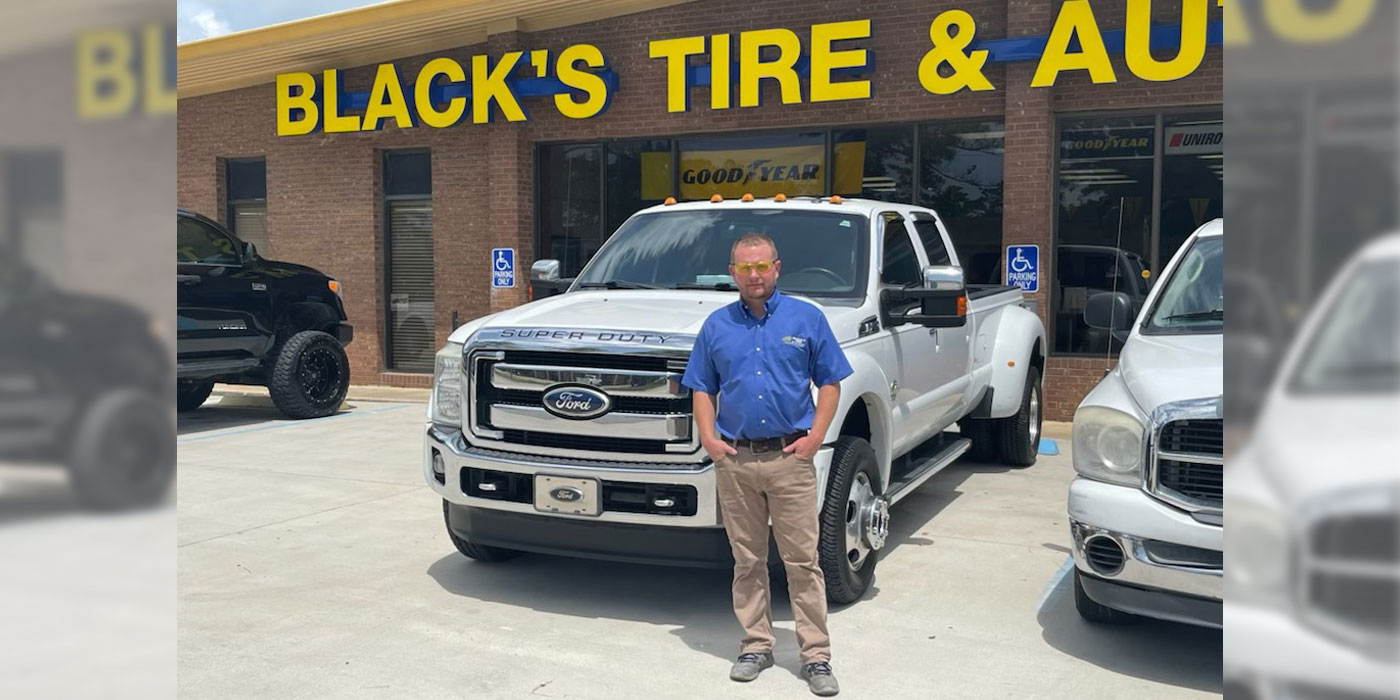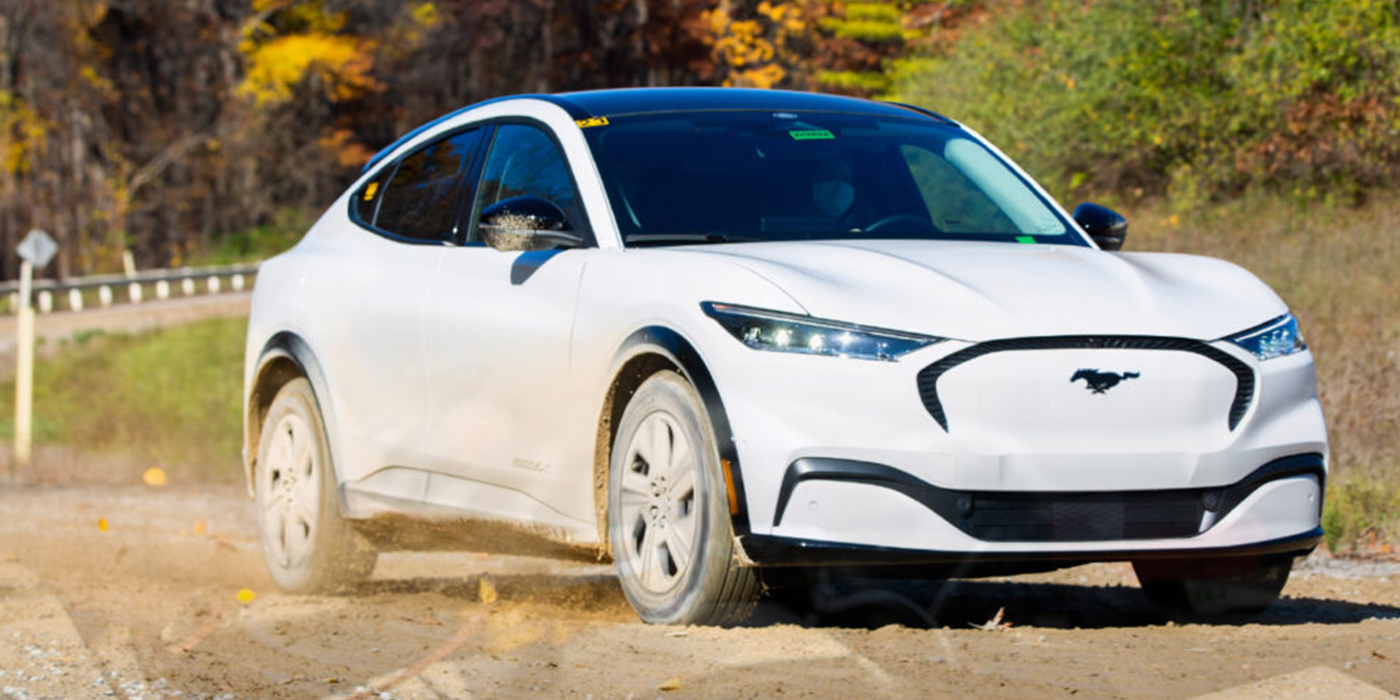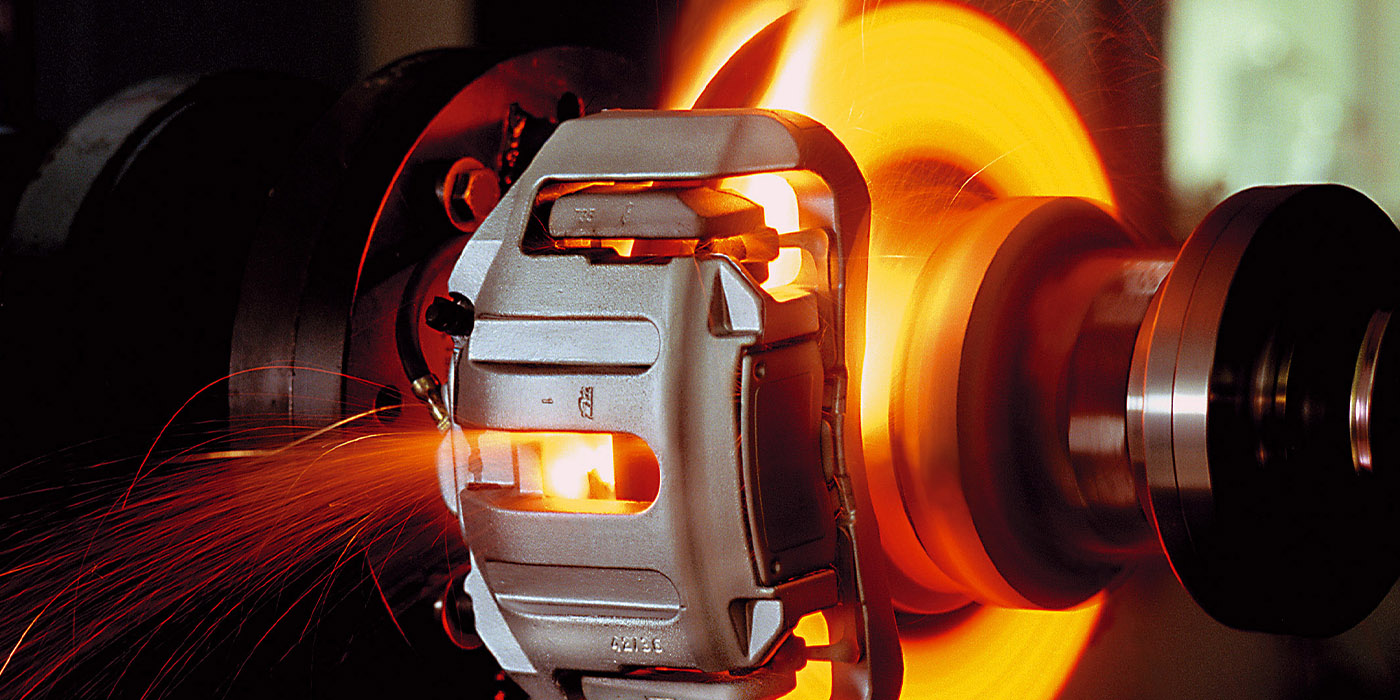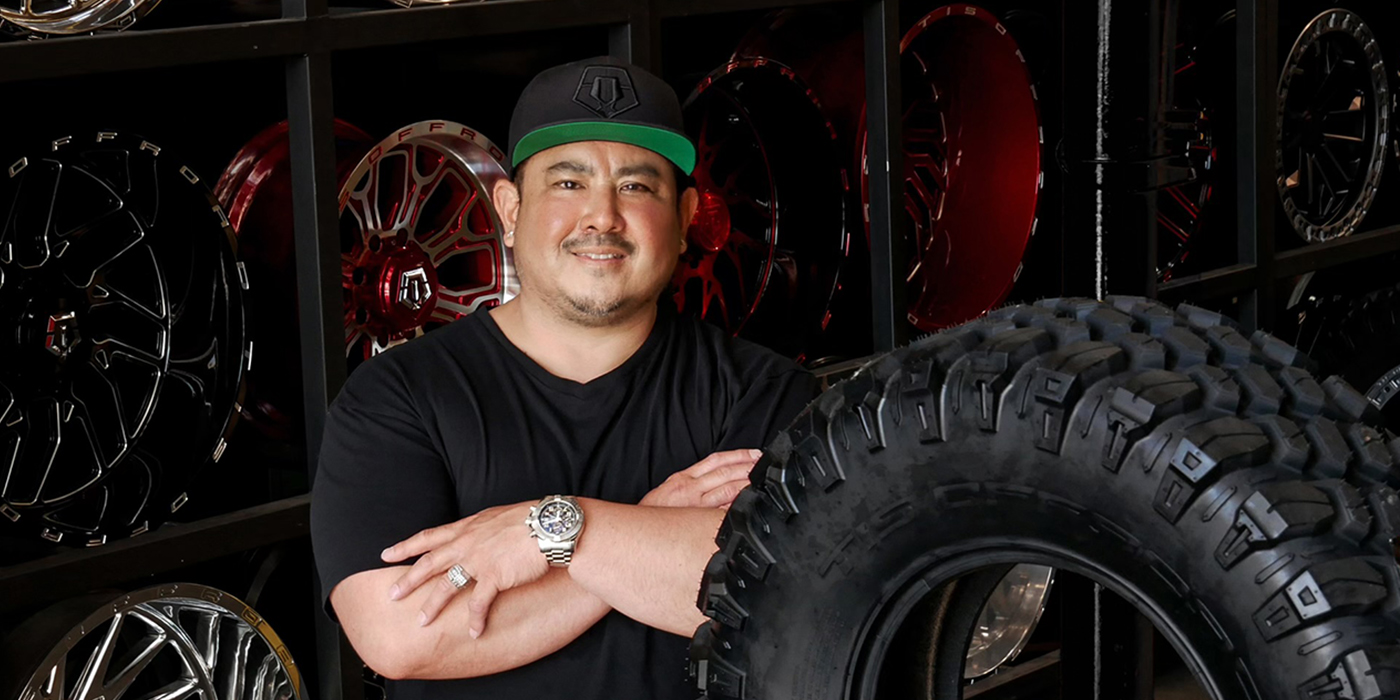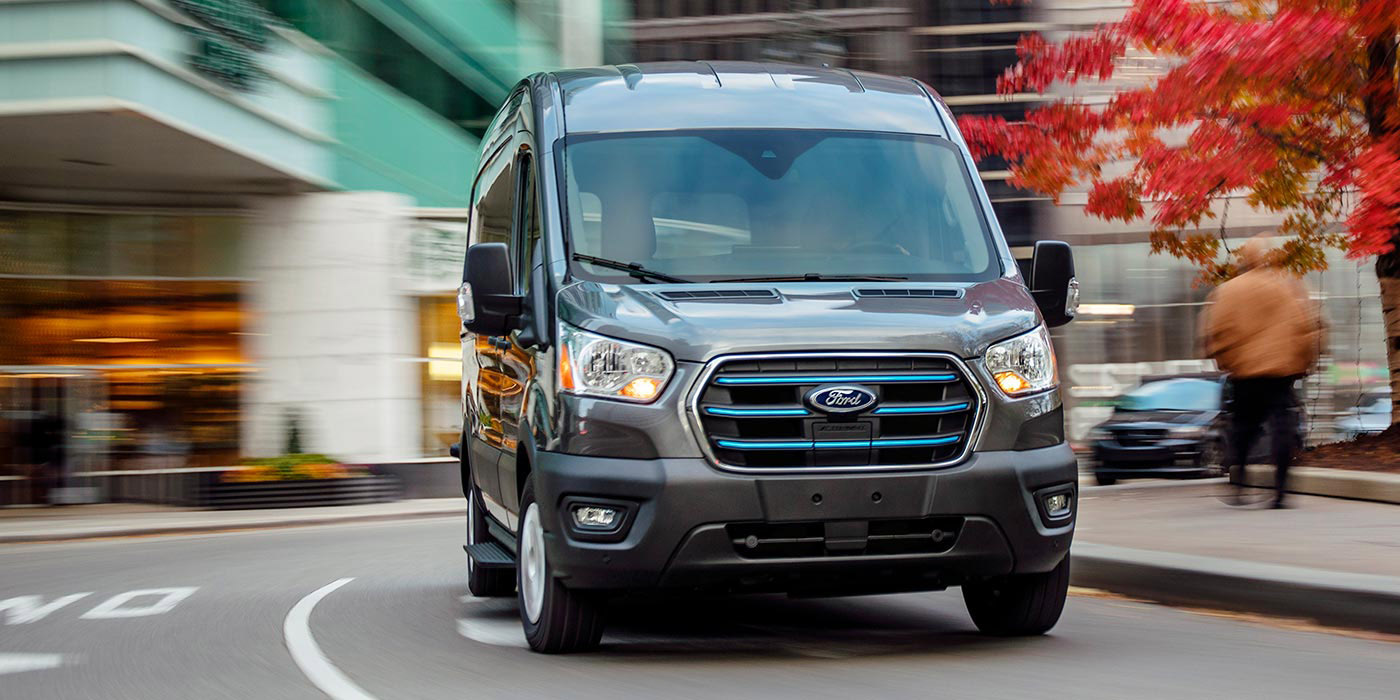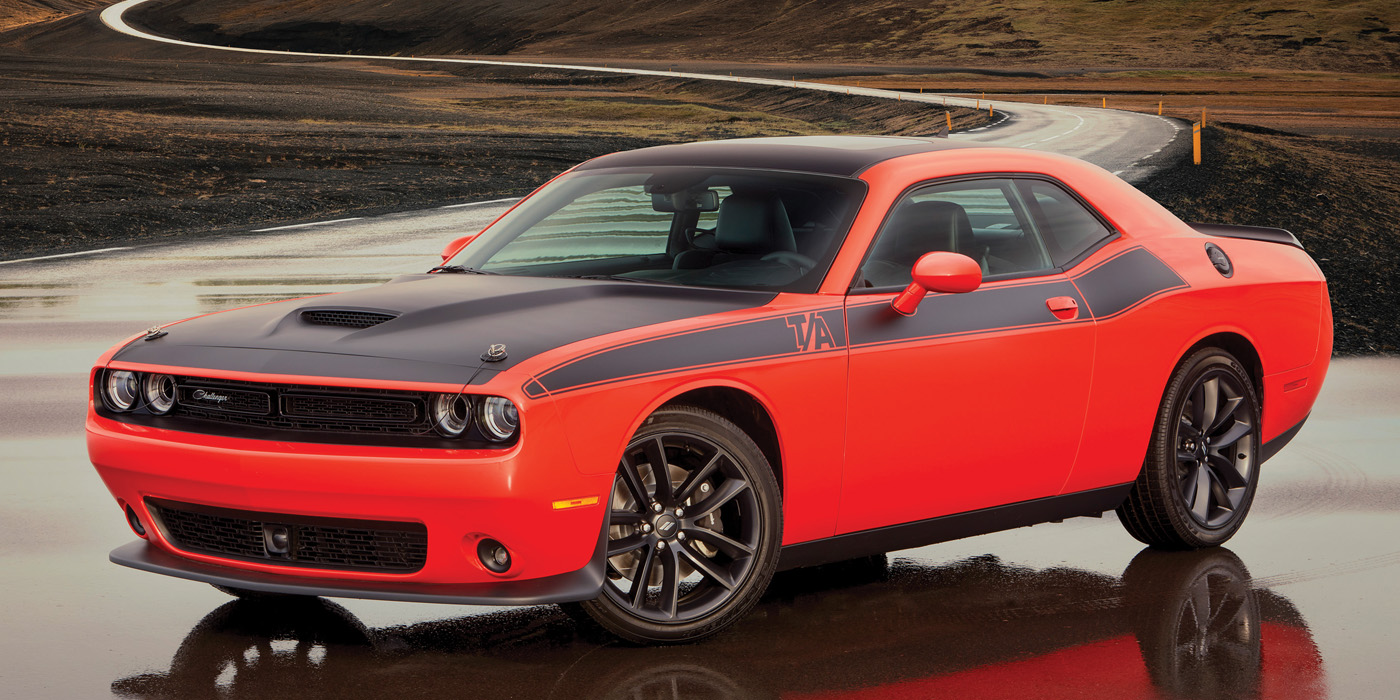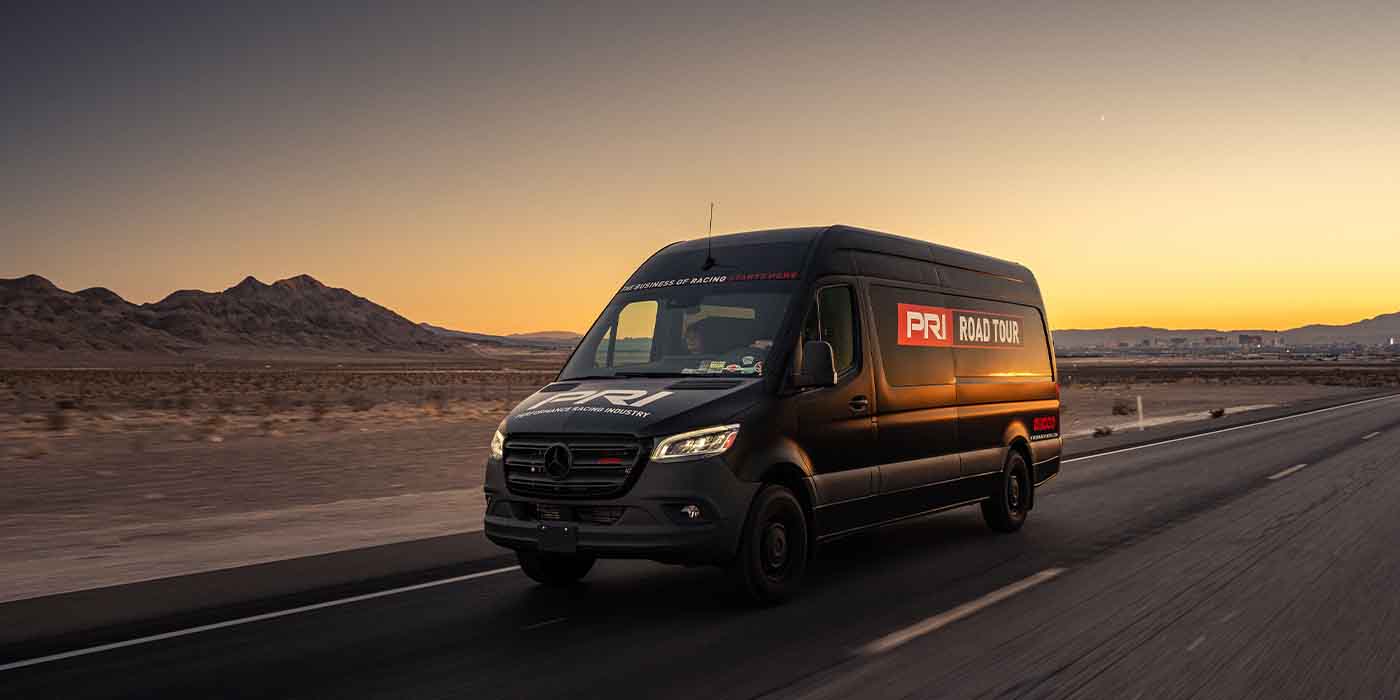Since the first radio commercial hit airwaves more than 90 years ago,
large and small businesses alike have often turned to the medium to
deliver their messages to consumers.
This may lead to the assumption that radio advertising works – after
all, longevity speaks for itself, right? – but we all know that the
digital, mobile and social age has brought about some major marketing
shifts. But have radio commercials gone the way of Yellow Pages or
newspaper ads?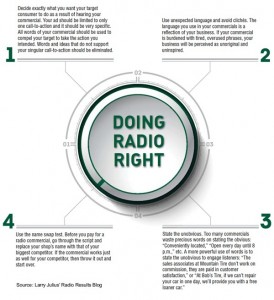
Not so, according to some tire dealers who make radio a part of their
yearly ad spend. While others have moved away from radio advertising,
they still agree the medium does have a place.
Relevance of Radio
Barry Steinberg, CEO of Direct Tire, based in Watertown, Mass.,
deeply believes in radio. While the dealership has significantly
increased online ad campaigns and lessened the dollar amount spent on
radio recently, about 70% of Direct Tire’s advertising budget is still
dedicated to radio.
“I have always done the spots myself in my voice, focused on talking
about ‘The Direct Tire Difference’ and never hawking price, price, price
like so many places do,” Steinberg says. “I talk about our people, our
39 years in business and the trust people have learned to expect from
us.”
Steinberg reviews Arbitron numbers himself and performs the media
buying, focusing on a classic rock station; sports talk station; country
music station; ’60s, ’70s and ’80s format; and National Public Radio –
which he noted has delivered the best results.
“My NPR involvement is probably what put us on the map in the Boston
Metro market,” Steinberg says. “NPR is like a cult. People come in and
thank us for supporting ‘their’ radio station and just give us their
keys and say, ‘fix my car.’”
“Since I focus mainly on morning drive time, I really have a captured
audience,” he adds. “Most people are not on their cell phones as much
in the morning as in the afternoon drive time, so I have a better shot
at getting their attention.”
For roughly the last decade, Oahu, Hawaii-based Lex Brodie’s Tire Co. has dedicated 24% of its ad budget to radio.
“We use two radio groups that have minimal overlapping demographics
and multiple stations,” says Scott Williams, president. “We also have
partnered with radio stations that support key community programs we
support and the non-profits we have started.”
The dealership creates its own 60-second radio spots with the goal of being memorable.
“You have frequency with radio – even with iHeart radio and the like –
because folks still listen to the local stations for traffic and local
news, and some for the local DJs,” Williams says.
“We have measurable success from radio based on feedback we get from
the community programs that are only promoted with radio,” he notes.
Flynn’s Tire & Auto Service, based in Hermitage, Pa., has moved a
portion of its ad budget out of print and into radio in recent years –
currently about 36% of its ad spend is dedicated to radio, according to
Tania Flynn Warminski, vice president. “Radio’s placement makes it
delivered to drivers while they are in their vehicles and most aware of
any needs their vehicle may have.”
In addition to radio spots, Flynn’s also participates in long format
shows and interviews about vehicle repair topics. “We receive great
recognition from listeners on a continual basis for being the sponsor,
especially when our associates were on air with them to talk about
timely driving tips and advice,” Warminski says.
Revising a Radio Strategy
Upton Tire Pros, with four locations in the greater Jackson, Miss.,
area, used to dedicate half of its advertising budget to radio,
according to owner Mike Upton. The shop had a radio presence for roughly
a decade – until this year, when Upton Tire Pros eliminated radio from
its marketing plan.
“The reason we started doing so much radio advertising two or three
years ago is we had just rebranded ourselves and opened a fourth store,”
he explains. “We added Tire Pros as an affiliation, so we had become
Upton Tire Pros. We were trying to build brand awareness. It was more of
a branding thing – we didn’t talk about the week’s sales.”
Upton Tire Pros’ radio involvement encompassed regular commercials on
a sports station and a gospel station, as well as a weekly hour-long
call-in show with an announcer and either Upton or one of the
dealership’s technicians on hand to answer automotive questions. The
shop participated in that show for four years.
“We had gotten a lot of good feedback from the show; I feel like we got a lot of new customers by doing it,” Upton says.
Upton Tire Pros opted to reallocate his ad budget and move away from
radio for a few reasons: the rebranding campaign had reached a
successful close and pinpointing a particular demographic via radio
became more challenging.
“It’s hard to pinpoint your demographic anymore because people are
listening to SiriusXM or they have their iPod in the car,” he explains.
Upton moved most of the funds formerly earmarked for radio to Internet
ads and improvements to the dealership’s website. The remainder went
toward another relatively old-school advertising method – billboards.
Regarding radio, “If you’re on the right station it could get you a
lot of attention,” he adds. “I think radio would be more of a benefit in
a smaller market or for a branding campaign. If there’s something you
want to get out there and really let the public know about, radio or a
billboard is the way to go. Otherwise, for a sale or promotion, radio is
just so crowded with voices.”
What Doesn’t Work
Because the airwaves are crowded with messages vying for listeners’ attention, it’s important to make your shop’s ad stand out.
“Non-creative spots tend to be tuned out,” says Williams, who adds
that Lex Brodie’s strives to create messages that are different, fun and
connect emotionally. “They sell us as a company with the call to action
to drive the public to our website and highlight what sets us apart
from the competition.”
He adds that a one-and-done mentality doesn’t work for radio. “You
need to have a reasonably long campaign in order for it to really sink
in with the public.”
“We have tried many of the radio gimmicks over the years with little
or no success,” Direct Tire’s Steinberg says. “The ‘enter to win’ things
have always been a bust and the radio stations’ push on their website
involvement is a total waste of time, in my opinion.”
Another risky strategy winter tire sellers in particular should
avoid, according to Steinberg, is heavy pre-winter advertising for the
upcoming snow season – which can be unpredictable.
According to Larry Julius’ Radio Results Blog
(portlandradiogroup.com/radio-results) for the Portland Radio Group,
located in South Portland, Maine, there are a number of things to avoid
when creating a radio ad, including using a phone number and turning the
commercial into an “audio coupon.”
“Each time you include your phone number in a radio commercial you
consume seven to 10 words,” Julius writes. “According to a study
published in the New York Times, nine out of 10 people forget a phone
number within five seconds of hearing it. The study also reveals that
50% of consumers can’t remember their parents’ number. Why do you think
they will remember yours?”
Use a memorable Web address instead, he says, since 32% of listeners
report having visited a website after hearing the radio commercial.
Audio coupons – “Mention this ad for 5% off” – are no better, according to Julius.
When a commercial is heard, the words are sent to short-term memory
which can store about seven items for several seconds, Julius relates.
The average radio commercial comprises 150 words and our brains are
stingy about which information we should store in our long-term memory.
We’re not likely to remember information of limited value and the
likelihood of listeners responding to an audio coupon is negligible.
Article courtesy of TIRE REVIEW.

